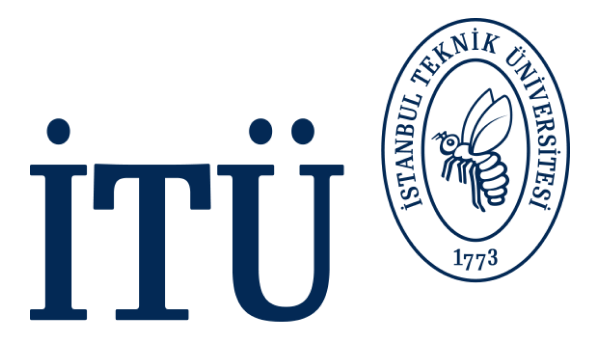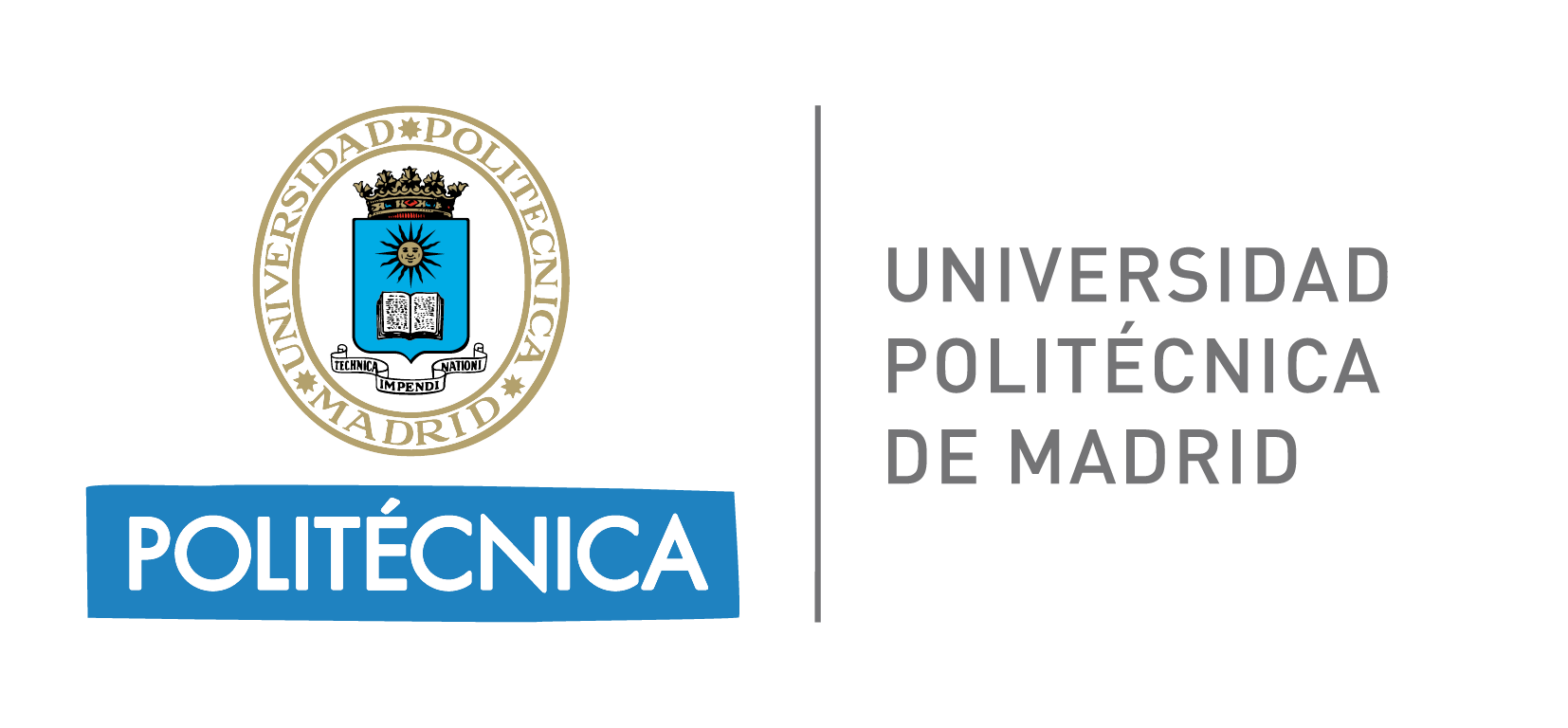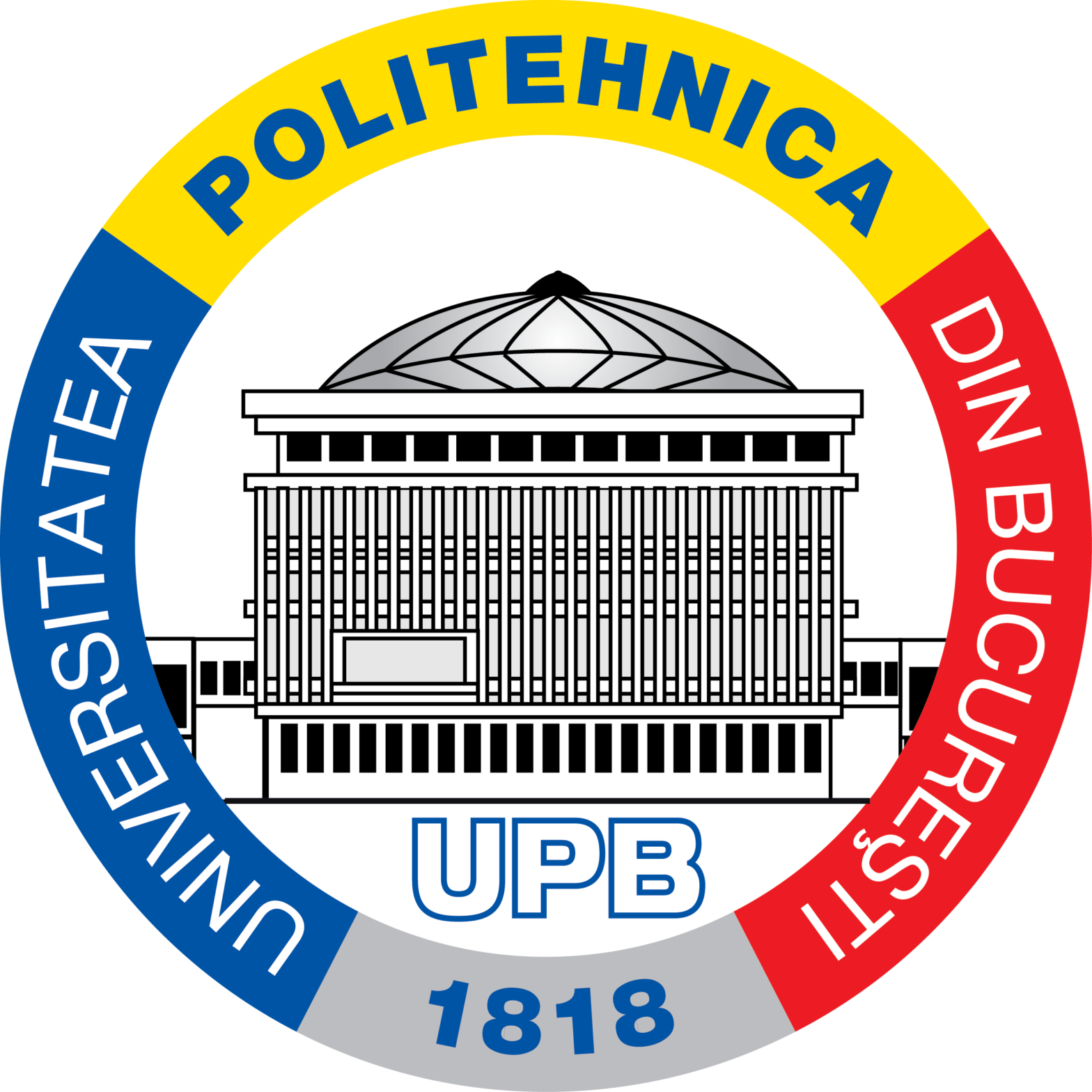Co-fabulating the waste terrain – a nebulous guide
Circular@[action] is a series of integrated activities structured to introduce an innovative and creative platform to rethink education in European universities and explore alternatives for responsive, inclusive and interactive learning environments and strong communities. Promoting the incorporation of a mindset that favours the transition to the circular economy, as stated in the Circular EELISA Community vision, the series spanning from January'23 to December'23 attempts to tackle the circular challenges and socio-civic competencies in the form of research by critical practice. While the activities incorporate staff and student mobilities in experiential learning and knowledge exchange built upon diverse perceptions and knowledge claims, each integrated associated activity uses an alternative methodology. Circularity is transformed into a manifest by which every locality adds upon different meanings while producing its responses to tackle the challenges. This series is funded by the 1st EELISA Call for Joint Inter-Institutional Activities in Communities.
R-mechanisms was the first workshop of the series, hosted by SSSA, Italy in Pisa, organised by ITU, Turkey and was aimed at the EELISA Alliance member universities. The workshop mimicked a Fordian assembly line, rethinking the meaning of ‘R’ (recycle, reuse, refuse, reproduce, repair, recover, rethink, reduce…). It was a highly theatrical, instructive, and hands-on exercise.
Following R-mechanisms, the series continues with Co-fabulating the waste terrain - a nebulous guide, the workshop is a transdisciplinary storytelling of the waste in the Mediterranean.
The workshop is an attempt to map the advocative means to circularity within everyday life through co-fabulating the waste terrain of the Mediterranean, from Istanbul to Madrid. By accumulating the transdisciplinary knowledge of its participants, the workshop aims to build up a nebulous – an unpredictable guide to roam within the wasteful terrains of the Mediterranean where waste has multitudes of meanings and demands both anthropocenic and archeological inspections. Thus, inspired by the plural meanings of waste [a(r)tık-il rifiuto-los desperdicios-deşeuri-der abfall], the workshop speculatively fabulates the poetic within the many connotations of waste. Spanning from micro-narratives to the anthropocenic, terrestrial negotiations, our nebulous guide roams within the various faces of waste; such as the illicit toxic waste trade shipments from Europe to the new terrains of consumption of the anthropocene age; the wastelands to the human waste; from the Unswept floor mosaics of the Ancient Roman to the mukbang Youtube videos; the refugee; the garbage collector; the dumpster-diver; the gleaner; the illicit worker; the truck; the carrier-bag – dubiously so-called, the “unwanted”, “unusable” and “overlooked.” The Mediterranean, in this sense, has a particular significance as being one of the leading routes for this never ending mobilities of meanings of waste. “The history of humankind could be told through the history of producing waste” once said, thus Co-fabulating the waste terrain is a call to collectively reimagine the various connotations and meanings of waste by tracing the production and consumption narratives – mapping the uncircular.
This workshop aims to discuss novel methodologies and mappings of circularity by following the waste trails with a particular spatial focus of associated localities/ terrains and looking at different anthropocentric formations as a medium of negotiation. What do we know about waste? How and when do we define waste? What are the politics and ethics of waste? What creative practices waste evokes? Can we design waste? Circularity in that sense is transformed into a manifest by which every locality adds upon different meanings while producing its responses to tackle the challenges.
Co-fabulating the waste terrain is a three day workshop for transdisciplinary storytelling, hosted by UPM Spain in Madrid and organised by ITU, Turkey. This is a workshop for students from all disciplines – in fact we are pursuing all scales of transdisciplinary encounters between students of undergraduate and graduate level. Circular@[action] is a series of integrated activities and students who participate in any of the events could participate in the final event, the summer school in Istanbul. Co-fabulating the waste terrain will be finalised with an exhibition of the workshop, and all participants will receive circular EELISA badges and certificates. Partial Funding and support are available for students’ visa processes, travel, accommodation via their Institutions.
Travel and subsistence support
Travel and subsistence support might be provided by your institution. Please contact your local EELISA Coordinator to receive more information.
| Institution | Contact person(s) and position | Email address |
|---|---|---|
| BME | Sára Tóvölgyi / Kata Kapusy / Sándor Kiss | tovolgyi.sarolta@gtk.bme.hu kapusy.kata@gtk.bme.hu ksandor@math.bme.hu |
| ENPC | Marie Christine Bert | marie-christine.bert@enpc.fr |
| FAU | Eike Trost | eelisa@fau.de |
| ITÜ | Emrah Acar | accarem@gmail.com |
| PSL | Camille Roger | camille.roger@psl.eu |
| PSL-Chimie | Antoine Mercier | antoine.mercier@chimieparistech.psl.eu |
| PSL-Mines | Alma Catala Luna | alma.catala@minesparis.psl.eu |
| SNS | Darya Krasilnikov | eelisa@sns.it |
| SSSA | Rossella Raso | rossella.raso@santannapisa.it |
| UPB | Mariana Munteanu | mariana.munteanu@upb.ro |
| UPM | María Luisa Martínez Muneta | luisa.mtzmuneta@upm.es |
Participation requirements
Co-fabulating the waste terrain is a three day workshop for transdisciplinary storytelling, hosted by UPM Spain in Madrid and organised by ITU, Turkey. This is a workshop for students from all disciplines – in fact we are pursuing all scales of transdisciplinary encounters between students of undergraduate and graduate level. Circular@[action] is a series of integrated activities and students who participate in any of the events could participate in the final event, the summer school in Istanbul. Co-fabulating the waste terrain will be finalised with an exhibition of the workshop, and all participants will receive circular EELISA badges and certificates. Partial Funding and support are available for students’ visa processes, travel, accommodation via their Institutions.
Max. participants: 25
All participants will receive circular EELISA badges and certificates.
* If you would like to receive ECTS for your home degree program, please clarify credibility of the activity with your local study and degree coordinator beforehand.





